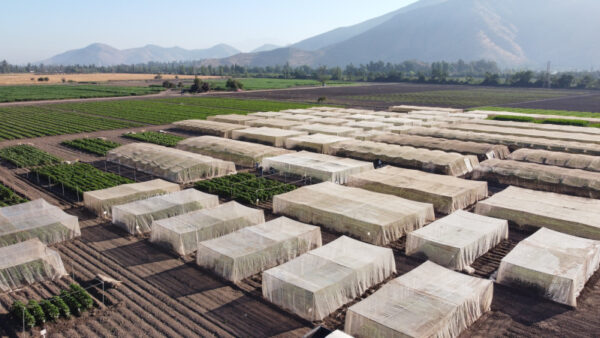_x000D_
Variety registration has been a fixture of the Canadian Seeds Regulations since 1923. Its purpose then was to verify the identity of a variety and the approve its proposed name — the same primary purpose as today._x000D_
_x000D_
Between 1923 and 2015 variety registration went through numerous changes. The first major change was the introduction of a provision whereby the registration of a cereal variety could be refused if “found to possess such inferior qualities … as to impair its value for commerce.” Mandatory merit testing became a feature over the years for all crops subject to variety registration._x000D_
_x000D_
Beginning about 30 years ago, various segments of the seed sector began calling for a more flexible variety registration system, suggesting that mandatory merit testing delayed the introduction of new varieties and did not provide robust information about variety performance. Turf grass varieties were the first to be exempt from variety registration, while corn and non-oilseed soybeans followed._x000D_
_x000D_
At the time, the Regulations were not flexible and varieties could only be registered if tested for and found to have merit. However, in 2009 following consultations over a 10-year period, the Seeds Regulations were amended and a flexible variety registration system was implemented._x000D_
_x000D_
This flexible variety registration system provided for three different tiers: 1) testing and merit assessment under the authority of an approved recommending committee; 2) testing according to procedures developed by an approved recommending committee; and 3) basic registration._x000D_
_x000D_
Despite these changes, some stakeholders were still unsatisfied with the ongoing administrative burden and the inability to quickly move crop kinds from one tier to another, as this required an amendment to the Regulations._x000D_
_x000D_
In 2013, another consultation on the variety registration system was launched, led by Agriculture and Agri-Food Canada with support from the Canadian Food Inspection Agency (CFIA) and the Canadian Grain Commission. It was concluded that variety registration was a valuable tool, providing essential information to government and industry but there were still concerns about the administration of the system and the governance of recommending committees._x000D_
_x000D_
As a result, the CFIA develop model operating procedures to guide the recommending committees in developing their operating procedures. The CFIA worked closely with stakeholder organizations to develop the Model Operating Procedures (MOPs) in 2015 and is in the process of ensuring that recommending committees adhere to the guidelines as soon as possible._x000D_
_x000D_
The MOPs contain both mandatory elements and guidance. For example, the Seeds Regulations specify that a variety registration recommending committee must have operating procedures that ensure its operations are transparent and that varieties are dealt with in a fair and consistent manner. Members of the committee must have the knowledge and expertise required to establish and administer testing protocols and those protocols must be appropriate for the crop kind and based on scientific principles._x000D_
_x000D_
While the makeup of a recommending committee is not specified by the Regulations, the MOPs indicate that it should be a “balanced representation reflecting the full value chain of stakeholders for that crop sector.”_x000D_
_x000D_
As each recommending committee adapts to the spirit and intent of the MOPs, I expect that the system will become more democratic and the diversity of views on what constitutes merit will drive further evolution of the system. Recommending committee meetings provide an occasion for crop sector value chain stakeholders to engage, for in-depth discussions on technical matters, for conversations on goals for the sector and for environmental scanning of challenges and opportunities._x000D_
_x000D_
We have made good progress but more remains to be done. It will be up to the many volunteers who give their time to the operations of the recommending committees and those interested parties who attend meetings as observers to ensure that the system continues to modernize and move in the right direction. I am confident that it will do so._x000D_
_x000D_
_x000D_
_x000D_
_x000D_
_x000D_
Michael Scheffel, Canadian Food Inspection Agency, senior advisor. Scheffel has been with the Seed Program at the CFIA for more than 30 years.














